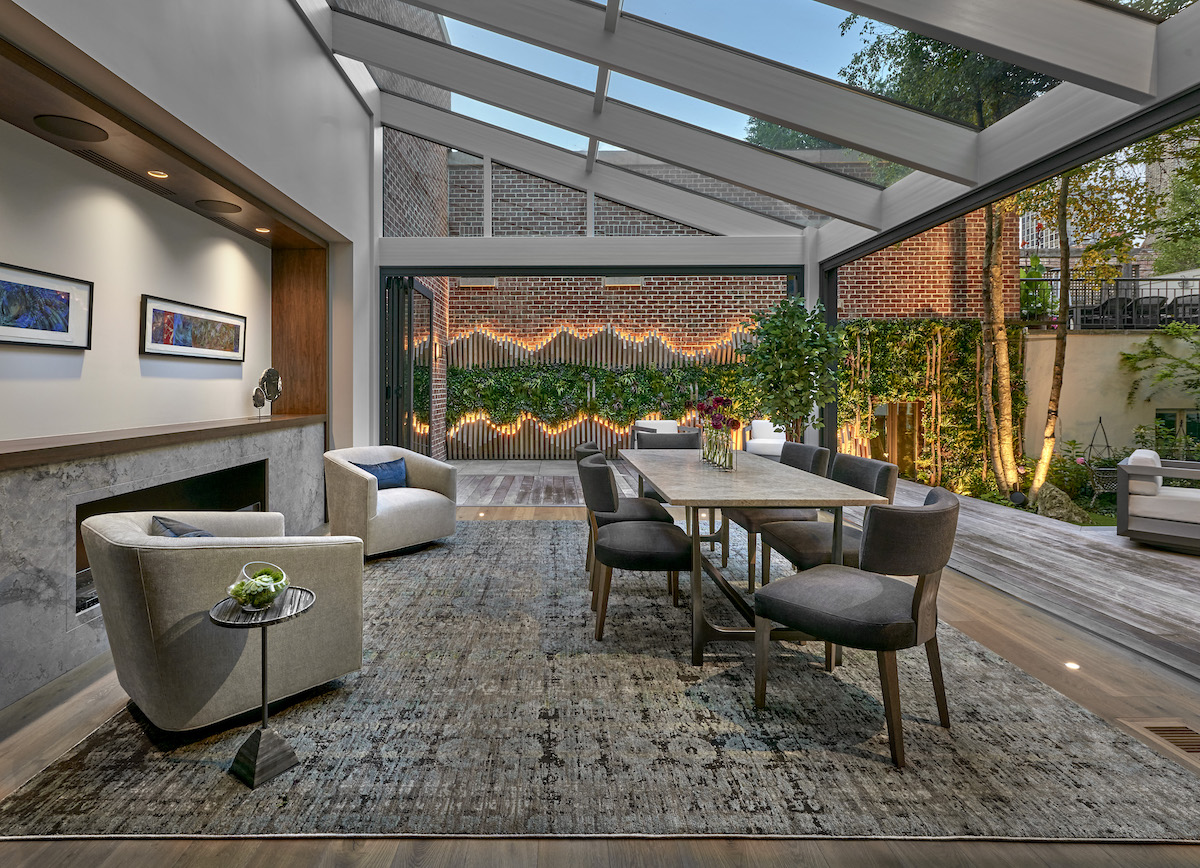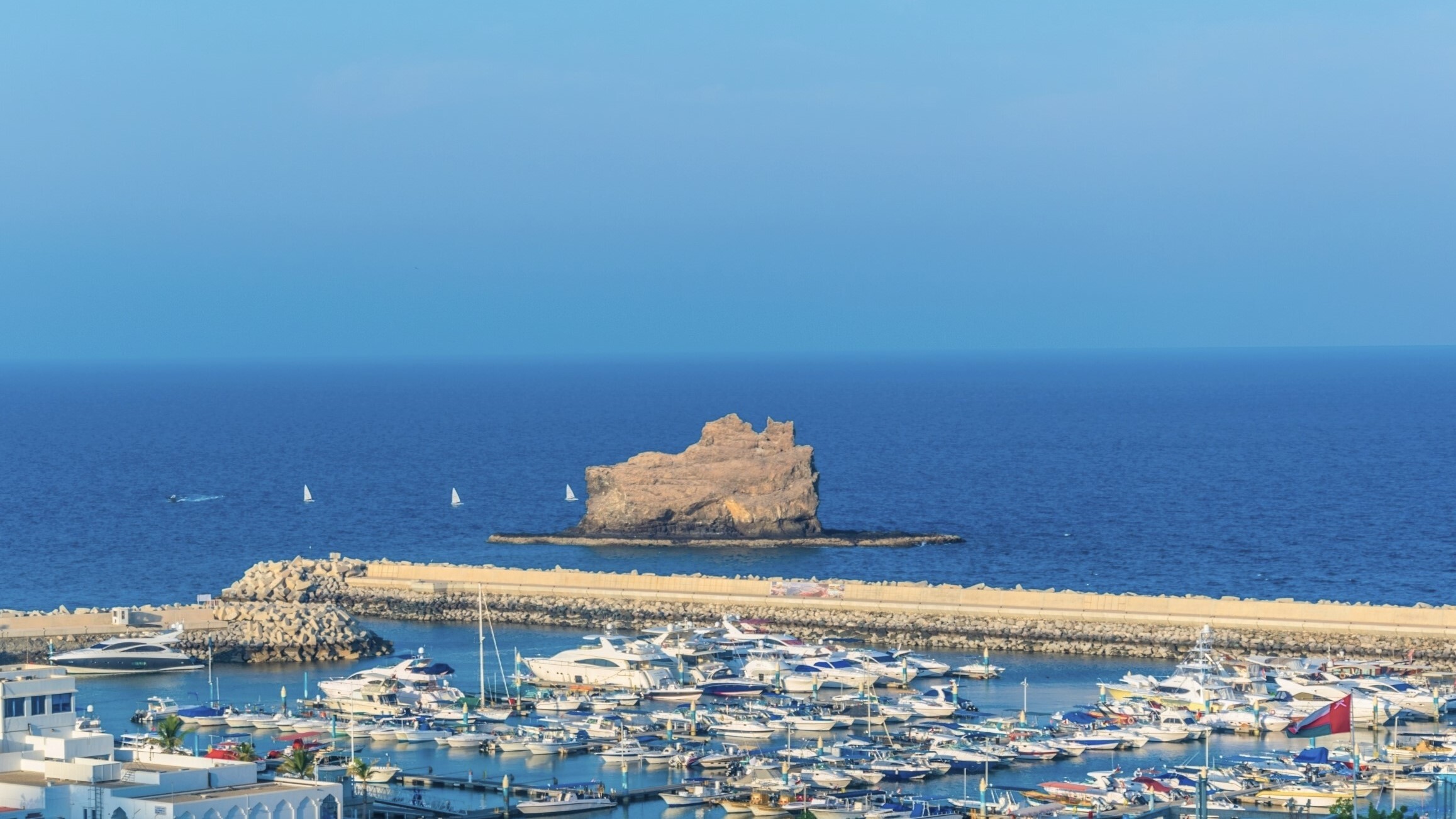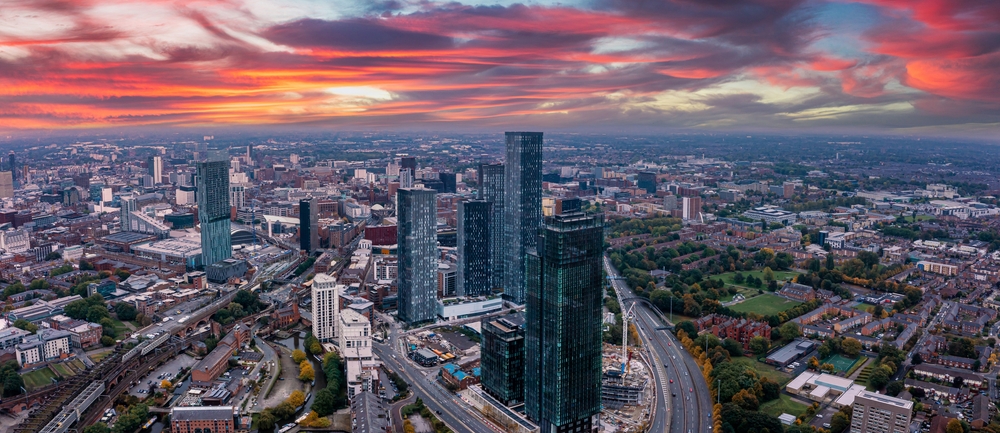Growing up in Biella, a small town in the Italian countryside, former Formula 3 racer Federico Delrosso would often admire the work of his father, a surveyor, and grandfather, a millworker. His decision to become an architect, he reveals, was based on the great amount of time he spent helping out in their workshops—an experience that ignited his passion for construction and design at a very young age. "My childhood fostered a great sense of play, because 'playing' meant building things," he says.
Now an award-winning professional whose eponymous firm has designed slews of luxury residences and restaurants all over the globe (including Bice restaurant in NYC), Delrosso is looking to expand his ever-growing architectural empire to include headquarters in the Big Apple—one that'll rival his majestic post in Milan.
We chatted with the renowned architect during his recent venue-scouting visit to New York about his design philosophy, key sources of inspiration, and what sets his company apart from its competitors.
Describe your design philosophy and ultimate professional goal.
When I am asked what I believe in, I say that I believe in architecture having the power to give spaces soul. What makes design special is the alchemy that emerges between the space, those who inhabit it, and the designer. Architecture can elevate the spirit of a place. My design style is very clean and clear, and not too "minimal." I also love empty spaces. I like to work with fewer materials, such as concrete, wood, iron, and stone, and focus on natural finishings where everything is integrated with natural light.
“Pushing the Boundaries” is a metaphor for my approach to everything that I do. It's also the name of my book, which was presented by Gucci in Milan. It means constantly seeking that special thrill you feel when you break new ground and overcome your limitations. I think this urge comes from my passion for racing.
What are your key sources for inspiration?
I am inspired when I am traveling—walking in cities like New York, Istanbul and Milan, or simply driving. I store in my mind what I see and when I get immersed in a new project, draw out inspiration from what I have seen and start designing. I believe in following your gut instinct.
Are there any architects or designers—dead or alive—whose work you deeply admire?
I never had a specific architect who I really followed that influenced my style, as I try to be free of dominant influences. I can say that my personal design trajectory has referenced the modern masters, such as Gio Ponti, Ernesto Nathan Rogers, and Le Corbusier.
What are the three most important factors you take into consideration when designing any given space or structure?
The location, the type of building or land and its relationship with the urban landscape. I design to bring out the "soul" of architecture, not for me or the client. That is my mission.
What sets your firm apart from other design and architecture companies?
We design for those who share our philosophy of luxury. For me, it’s not about using expensive materials or following trends. Luxury is the feeling of being somewhere else without feeling isolated. We believe in creating private spaces that exude a sense of intimacy with the surrounding of people, cities, and nature. We collaborate with clients and artists, iterating ideas until we are confident that we’ve created a space that captures emotion and tranquility. A space must have its own soul.
Are there any projects you have completed in the past that you are particular proud of?
I like to say the next one! However, a project that I am particularly fond of was the home of LVMH artistic director for Berluti, Alessandro Sartori. He remains one of my closest friends to this day. I am also proud of a farm renovation in the hills of my hometown, because I was completely involved in every single detail of the house, including its selection of art.
What are some projects you are currently working on?
I’m working on several exciting product design collaborations, the design of a vertical farm building, and an art installation for the upcoming Biennale of Art in Venice. I have a great interest in art and am directing more of my focus to working with artists.
If you could design any space in the world without having to worry about any fathomable limitations such as cost, what would it be?
A Museum of Modern Art.











